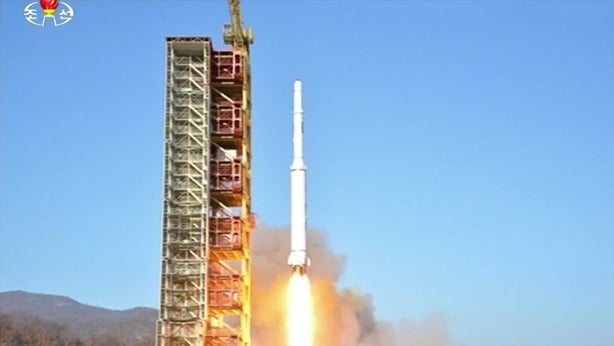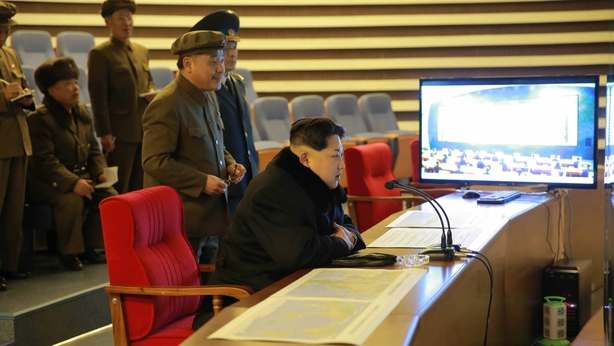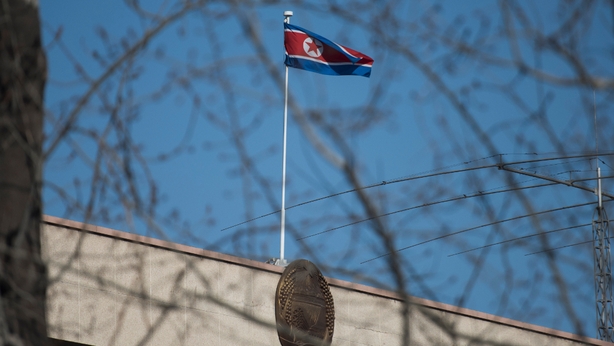The United Nations Security Council has strongly condemned North Korea's latest rocket launch and promised to take punitive steps, while Washington vowed to ensure the 15-nation body imposed "serious consequences" on Pyongyang as soon as possible.
North Korea launched the long-range rocket carrying what it has called a satellite, but its neighbours and Washington denounced the launch as a missile test, conducted in defiance of UN sanctions and just weeks after a nuclear bomb test.
The US Strategic Command said it had detected a missile entering space, and South Korea's military said the rocket had put an object into orbit.
North Korea said the launch of its satellite Kwangmyongsong-4, named after late leader Kim Jong Il, was a "complete success" and that it was making a polar orbit of the earth every 94 minutes.
The launch order was given by his son, leader Kim Jong Un, who is believed to be 33 years old.


The launch prompted South Korea and the United States to announce that they would explore the feasibility of deploying an advanced missile defence system in South Korea, which China and Russia both oppose, "at the earliest possible date".
North Korea's state news agency carried a still picture of a white rocket, which closely resembled a previously launched rocket, lifting off.
Another showed Kim surrounded by cheering military officials at what appeared to be a command centre.
Isolated North Korea's last long-range rocket launch, in 2012, put what it called a communications satellite into orbit, but no signal has ever been detected from it.
"If it can communicate with the Kwangmyongsong-4, North Korea will learn about operating a satellite in space," said David Wright, co-director and senior scientist at the Global Security Program of the Union of Concerned Scientists.
Japan's Fuji Television Network showed a streak of light heading into the sky, taken from a camera at China's border with North Korea.
North Korea had notified United Nations agencies that it planned to launch a rocket carrying an Earth observation satellite, triggering opposition from governments that see it as a long-range missile test.
The UN Security Council condemned the launch in an emergency meeting today, and vowed to take "significant measures" in response to Pyongyang's violations of UN resolutions, Venezuela's UN ambassador said.

Venezuelan Ambassador Rafael Dario Ramirez Carreno, president of the council this month, said the launch was "a serious violation of Security Council resolutions".
US Ambassador Samantha Power said: "We will ensure that the Security Council imposes serious consequences. DPRK's (North Korea) latest transgressions require our response to be even firmer."
The United States and China began discussing a UN sanctions resolution after Pyongyang's 6 January atomic test.
North Korea had initially given a 8-25 February time frame for the launch but yesterday changed that to 7-14 February, apparently taking advantage of clear weather today.
North Korea's National Aerospace Development Administration called the launch "an epochal event in developing the country's science, technology, economy and defence capability by legitimately exercising the right to use space for independent and peaceful purposes".
The launch and the nuclear test are seen as efforts by the North's young leader to bolster his domestic legitimacy ahead of a ruling party congress in May, the first since 1980.
North Korea's embassy in Moscow said in a statement the country would continue to launch rockets carrying satellites, according to Russia's Interfax news agency.

